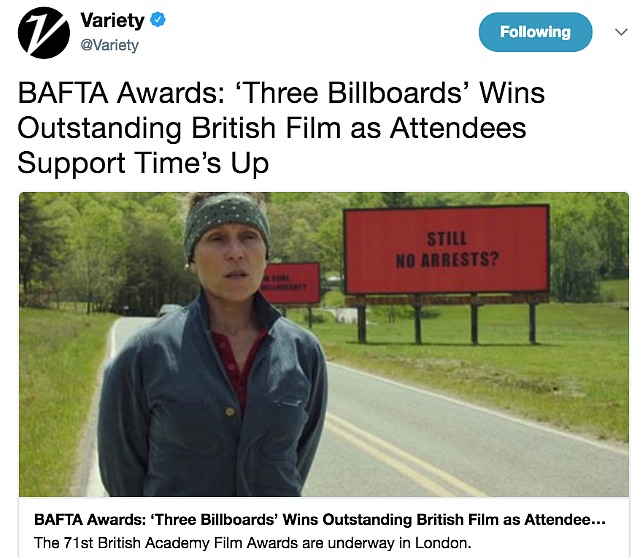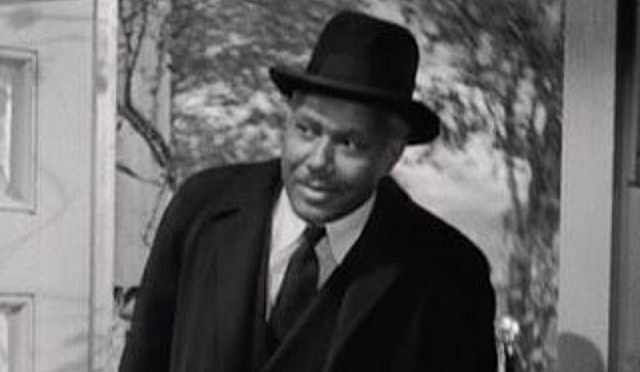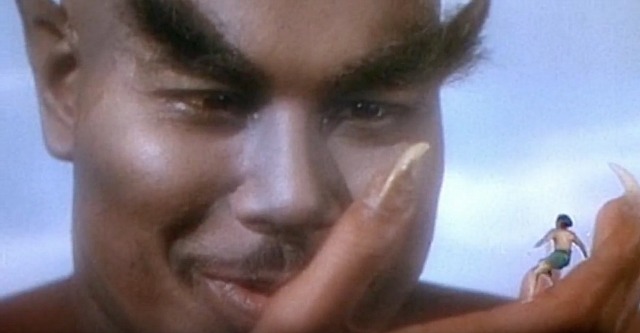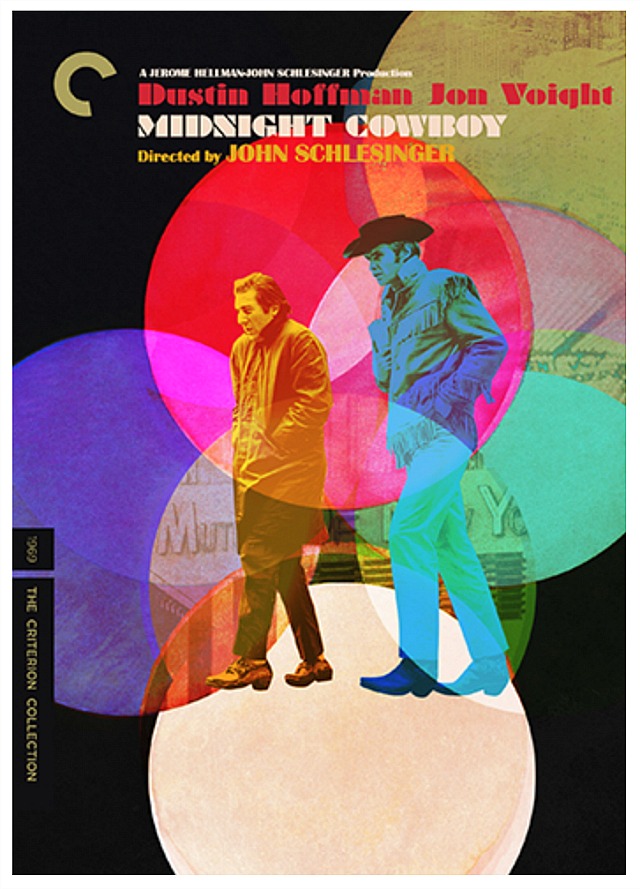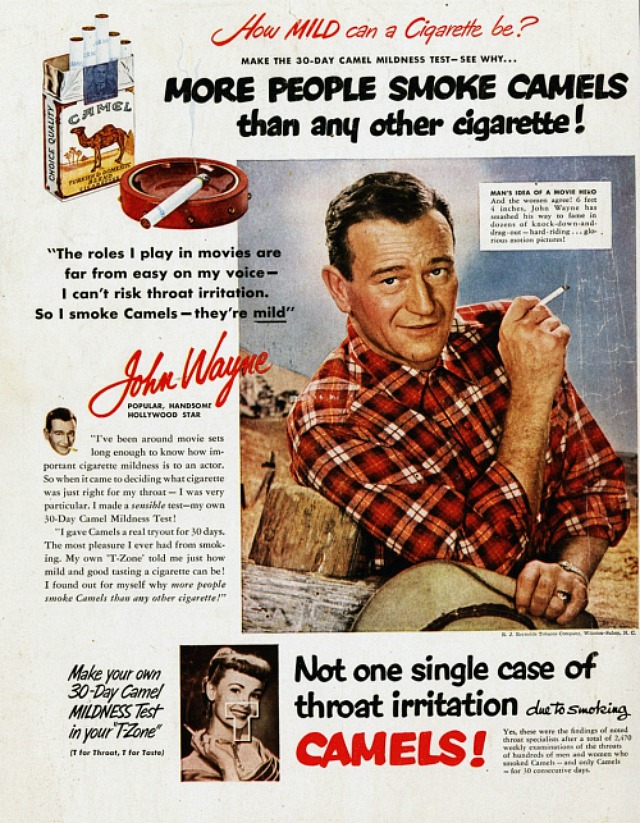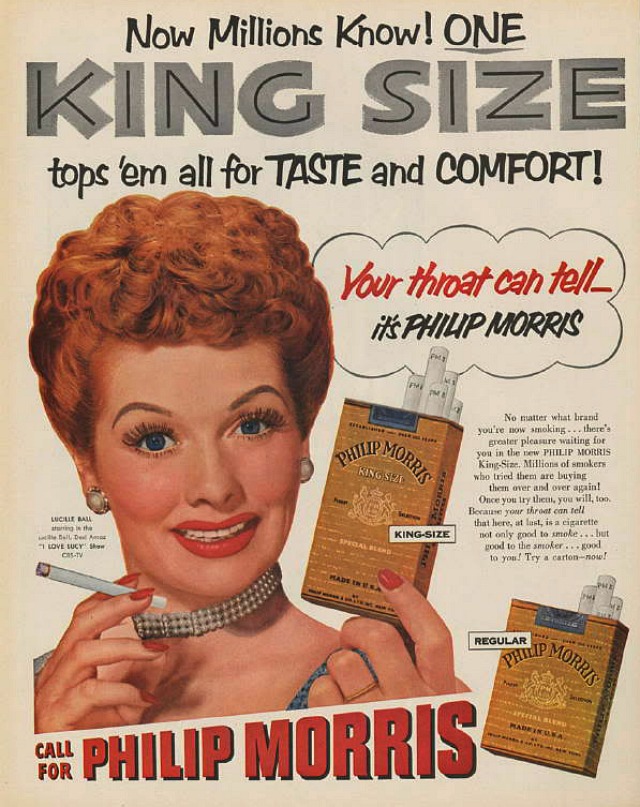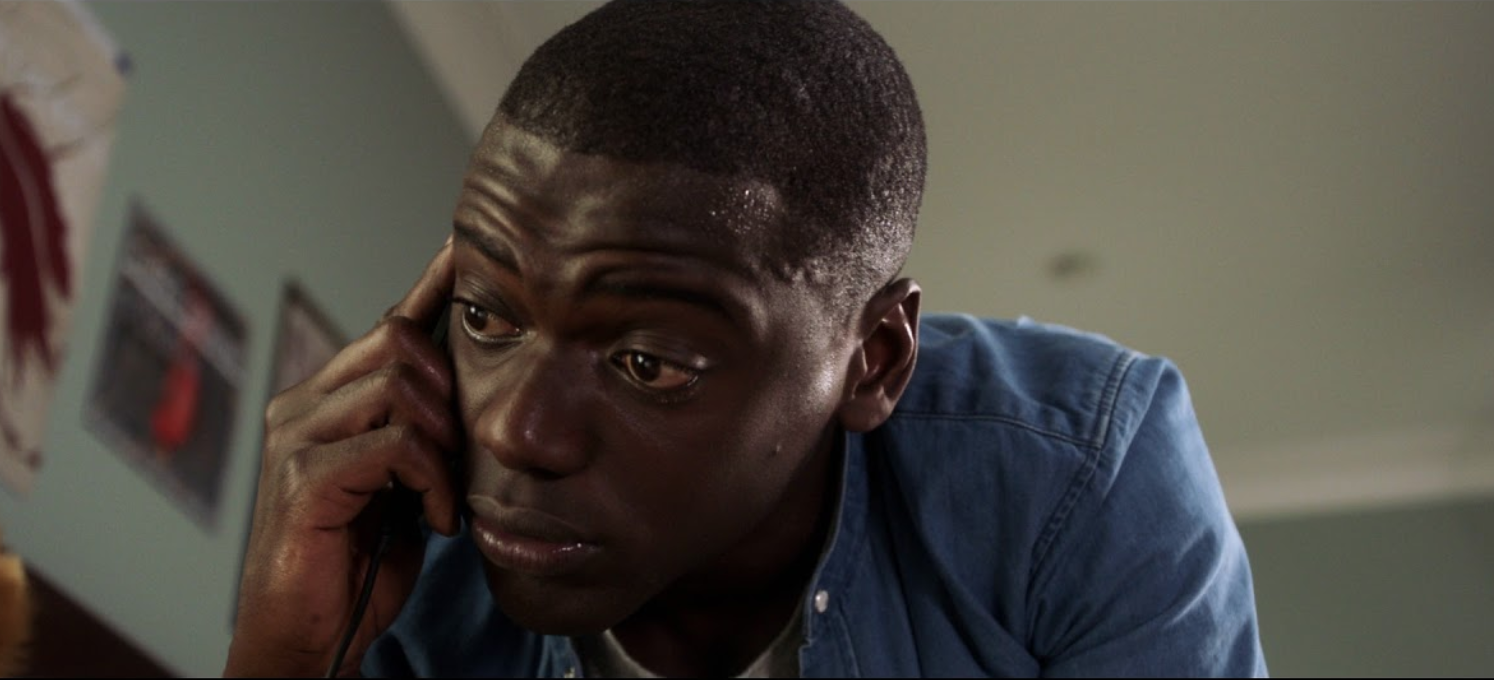Never in Oscar history has a director-writer written an Oscar-winning original screenplay (as a solo writer) that has also won Best Picture…never.
Reworded: If the director-writer of a Best Picture contender is the sole author of a Best Original Screenplay nominee and that screenplay goes on to win an Oscar, the film will almost certainly not win Best Picture.
That, at least, is what 89 years of Oscar history tells us. Yes, the screenplay for Annie Hall won Best Original Screenplay, but that was co-authored by Woody Allen and Marshall Brickman. Spotlight won for Best Original Screenplay also, but again, it was co-authored. Any exceptions?
The solo-authored nominees for Best Original Screenplay are Greta Gerwig‘s Lady Bird, Jordan Peele‘s Get Out and Martin McDonagh‘s Three Billboards Outside Ebbing, Missouri. (The Big Sick and The Shape of Water were co-authored.) So if Martin McDonagh wins the Oscar, you can pretty much count on Three Billboards not winning for Best Picture.
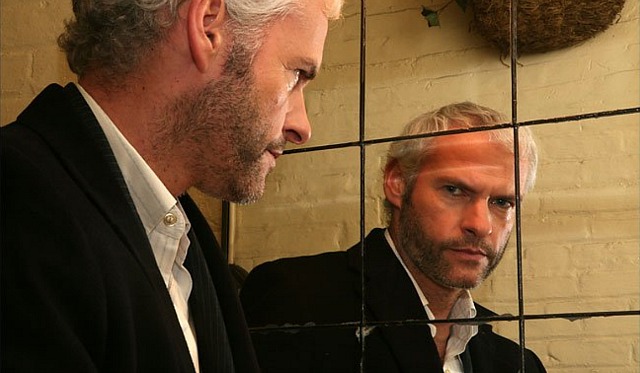 Three Billboards
Three Billboards director-writer Martin McDonagh.
I’m not sure if Three Billboards or Get Out will win Best Original Screenplay. Is anyone? An Oscar-handicapping friend believes that McDonagh has it in the bag, and that Get Out, which he regards as little more than a racially-themed knockoff of an Ira Levin Stepford Wives deal, will go home empty-handed. If this happens, the “woke” crowd will be staggering around in a state of shock.
We all know that The Shape of Water will win the Best Picture Oscar, and that Guillermo del Toro will take the prize for Best Director. Fine with me, go with God, everyone loves Guillermo, etc.
But if you apply the Howard Hawks rule of film excellence (three great scenes and no bad ones), there’s no getting around the fact that 70% of Michael Shannon‘s scenes are “bad ones” — darkly obsessive, fiendishly sadistic, unfocused. My favorite scene, which I’ll gladly call a great one, is the black-and-white, 1930s-style dance number between Sally Hawkins and gill-man. And the underwater lovemaking scene with Sally in a red dress — another goodie. But what’s the third?
Both Lady Bird and Get Out have no below-the-line nominations. For a Best Pic winner with no BTL nominations, you’d have to go back 37 years to a Best Picture winner, Ordinary People, with that handicap. On top of which neither Lady Bird nor Get Out are up for Best Film Editing and again, you need to go back 38 years for that winner.
Read more
